Spain stretches your arms and would you like to tender your ear? Here are 65 words and phrases to learn Spanish and become bilingual!
Spain is the country of sun, salsa, tapas, and sangria. A joyous country with surprising landscapes and generous inhabitants. But to fully enjoy your stay in Andalusia , Catalonia or Galicia, you must know the language.
We then recommend these few words and phrases of Spanish vocabulary to get you out of it like señores and señoras .
- Top 10 best apps to learn Spanish
- How to learn Spanish easily and quickly?
- Top 10 books to learn Spanish
Pronunciation
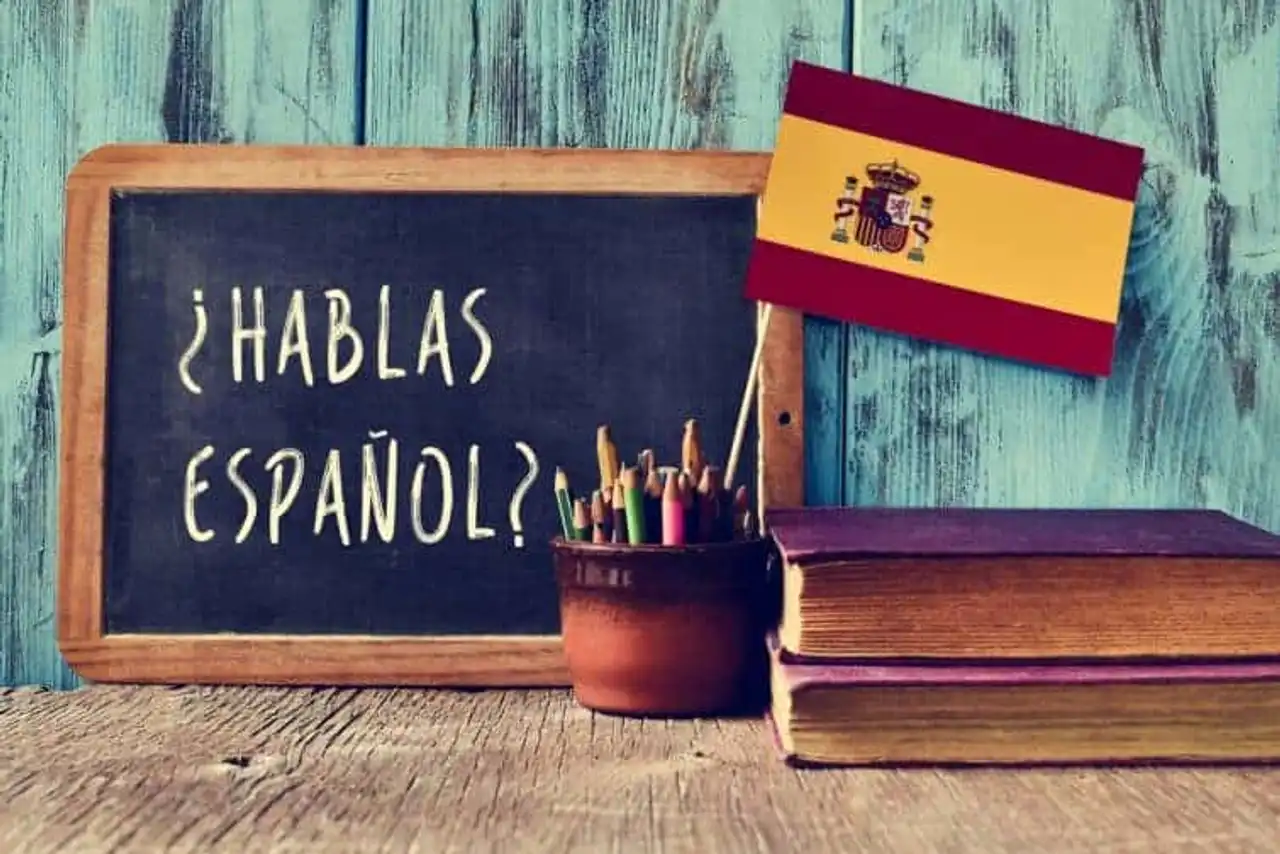
Photo credit: Shutterstock / nito
In Spanish, there are a few letters whose pronunciation differs from the French language. It’s a trick to take, but once you understand how it works, everything becomes very simple. Here are the letters that speak differently:
- CH : pronounces “ch” as Che Guevara.
- J : is pronounced as a guttural R, a little like the word “rat”.
- LL : this letter which does not exist in French pronounces “lyi” or “Y”.
- Ñ : the N tilde is the equivalent of the “gn” of “mountain”.
- R : it is a “red” r, characteristic of the Spanish language.
- V : is pronounced as the French letter B.
- Z : the Z is rather close to a S “zoté”.
1. Basic expressions
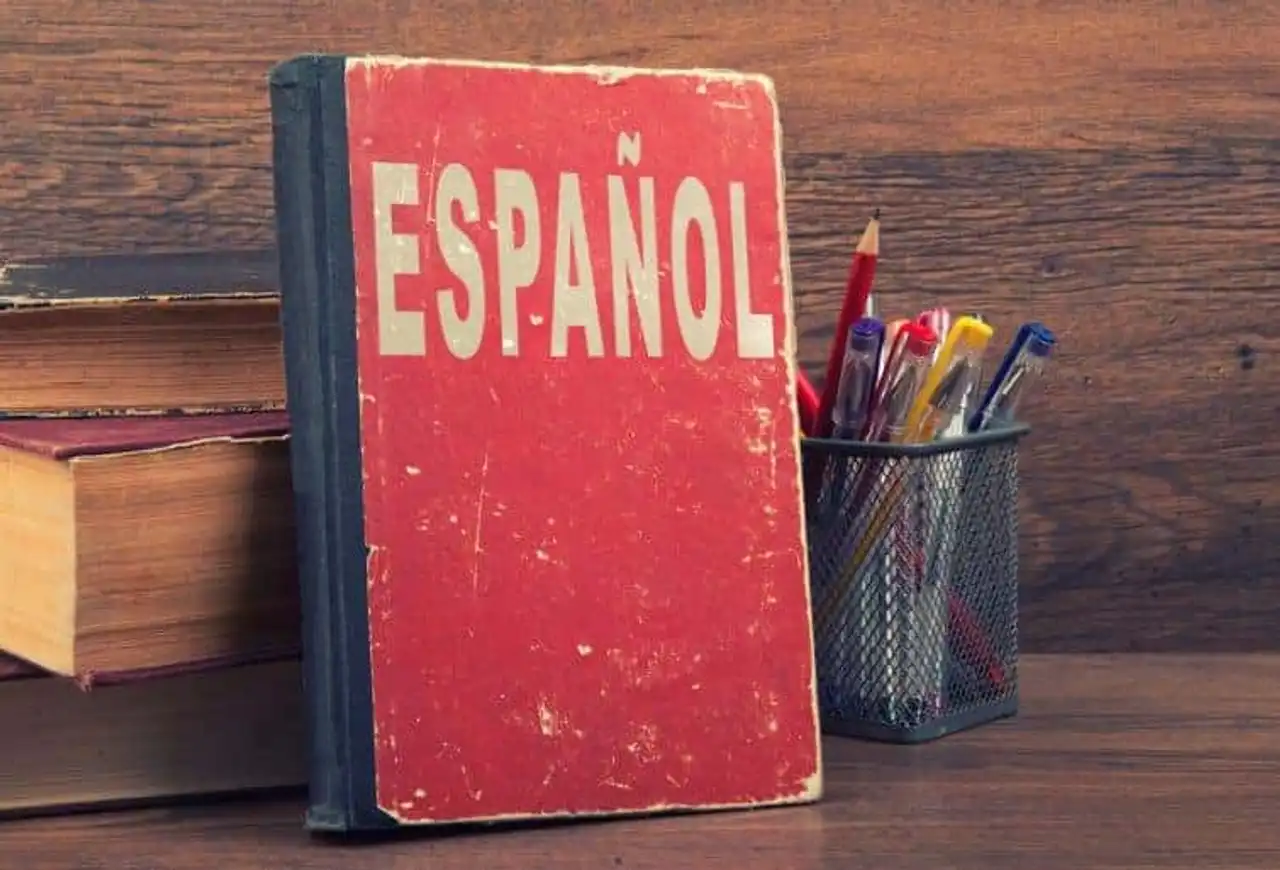
Photo credit: Shutterstock / spaxiax
-
"If" / "No" Yes / No
-
"Por favor" : Please
-
« ¡ Gracías ! » Thank you!
-
"¡ Muchas gracias ! » Thank you very much!
-
"De nada" You're welcome
-
« ¡ Buenos días ! » Hello!
-
"¡ Hola! » Hi!
-
« ¡ Muy buenos ! » Hello!
-
« ¡ Buenas tardes ! » : Hello! (afternoon)
-
« ¡ Buenas noches ! » Hello!
-
« ¿ Cómo se llama usted ? » What's your name?
-
« ¿ Cómo te llamas ? » : What’s your name?
-
"Encantado/da! » How do you do?
-
« ¿ Cómo está usted ? » How are you?
-
« ¿ Cómo estás ? » How are you?
-
« Estoy bien, ¿ y usted/tu ?» I'm fine, and you?
-
« Me llamo... » / « Soy... » : My name is... / I am (prenom)
-
« Estoy... » : I am.. (indicate a place, area or personal state)
-
« Disculpe (La molestia) » Excuse me (to disturb you)
-
"Permiso" Excuse me (to pass)
-
"No importa" : It’s okay
-
« ¡ Adiós ! » Goodbye!
-
« ¡ Hasta pronto ! » See you soon!
-
« ¡ Hasta luego ! » See you later!
2. The expressions to guide
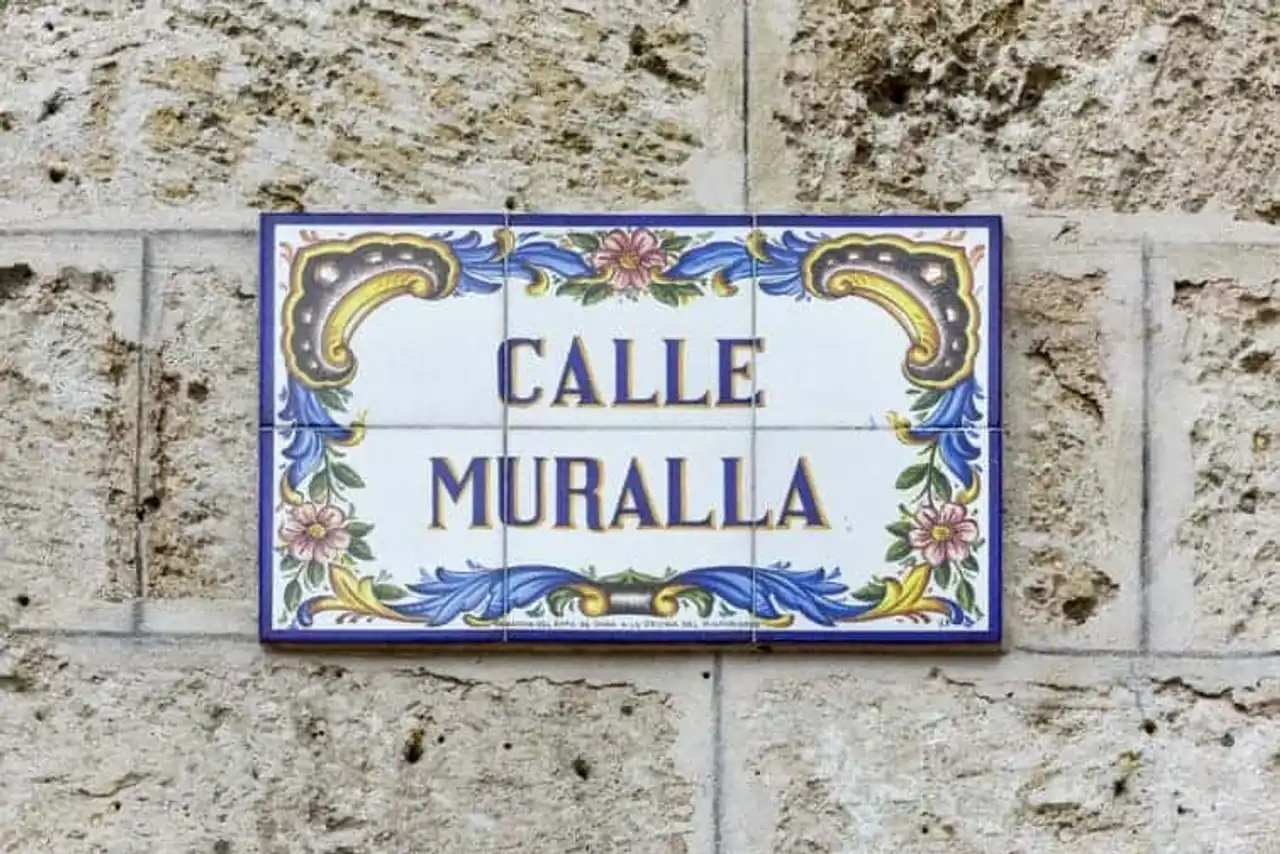
Photo credit: Shutterstock / Felix Lipov
- « Salida / Llegada » Departure / Arrival
- « ¿ Dónde està la calle...? » Where's the street?
- « ¿ Dónde estamos ? » : Where are we?
- "A la derecha" On the right
- "A la izquierda" On the left
- « Al lado de » : Next to
- "Derecho" : Straight
- « Al fondo » : Deep down.
- « Estoy loseido/da, ¿ me pueda ayudar ? » I’m lost, can you help me?
- « Quiero ir a... » I want to go
- "Qué hora es/son ? » What time is it?
3. The expression to understand and understand

Photo credit: Shutterstock / BIGANDT.COM
- "No hablo muy bien español" I don't speak very well Spanish
- « Hablo un poco español » : I speak Spanish a little
- "No entiendo" I don't understand
- « ¿ Me entiende ? » Do you understand me?
- "Más despacio, por favor" : More slowly, please
- « ¿ Puede repetir, por favor ? » : Can you repeat, please?
- « ¿ Cómo se llama esto ? » What do you call this?
- « ¿ What did you mean? » What does it mean?
4. Useful expressions at the restaurant
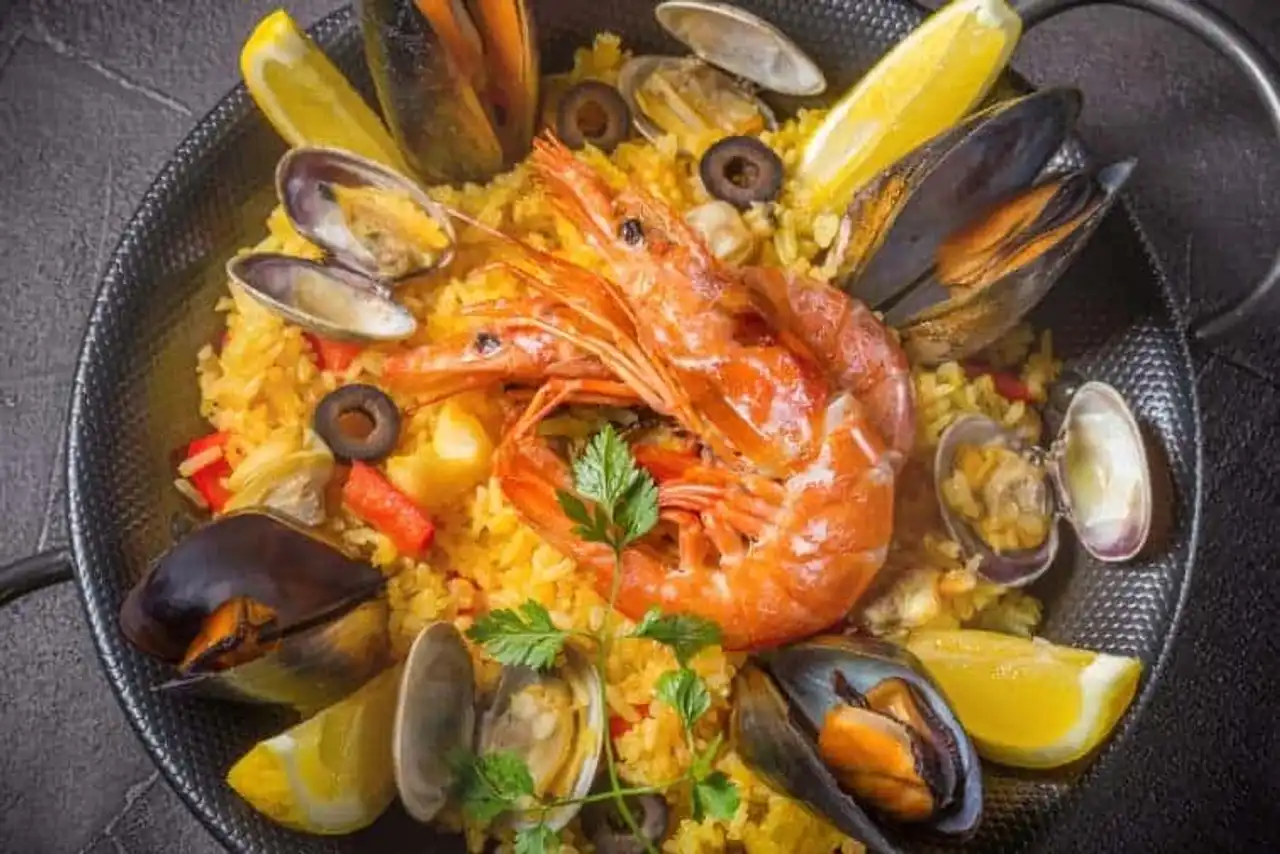
Photo credit: Shutterstock / norikko
- « ¿Cuál es el plato del día? » : What is the dish of the day?
- « ¡ Salud ! / ¡ Buen Provecho ! » - Cheers! / Enjoy!
- « Tengo sed / hambre » : I’m thirsty / hungry
- « ¿ What aconsejas? » What do you recommend?
- « ¿ Puedo tener la cuenta, por favor ? » : Can I get the check, please?
- "Aceptan las tarjetas de crédito ? » : Do you accept credit cards?
- « Quedese con la vuelta » : Keep the change
- « ¿ Dónde se encuentran los servicios ? » : Where are the bathrooms?
5. Una cerveza, ¡ por favor!

Photo credit: Shutterstock / Yulia Grigoryeva
In the continuity of useful expressions in the restaurant, here is how to ask for your beer pint! You can also ask for a glass of wine or water.
Example : - Can I bring you something? - Una copa de vino / de agua, ¡ por favor!
6. Gorra!
This expression is the equivalent of our “finger in the nose”, meaning that something happened very easily. In the country of Cervantes, this translates to “with the beret”.
Example : - Did you find your way to Seville? - Yes!
7. What a guay!
If you hear it during a conversation, it is that what is told is “cool”, “super”, or “genial”. It is a recent expression that pronounces itself “wraped”.
Example : - We only had sunshine during our stay in Malaga. - What a guay!
8. Importar un pimiento
Literally “importe a pepper”, it means that what happens you don’t matter, that you “you don’t care”. The variant “Importar un bledo” (a wheat) also exists.
Example : - We didn’t have the tickets for this morning’s visit... – Importar un pimiento. Vamos has the playa!
9. Disfrutar como un enano
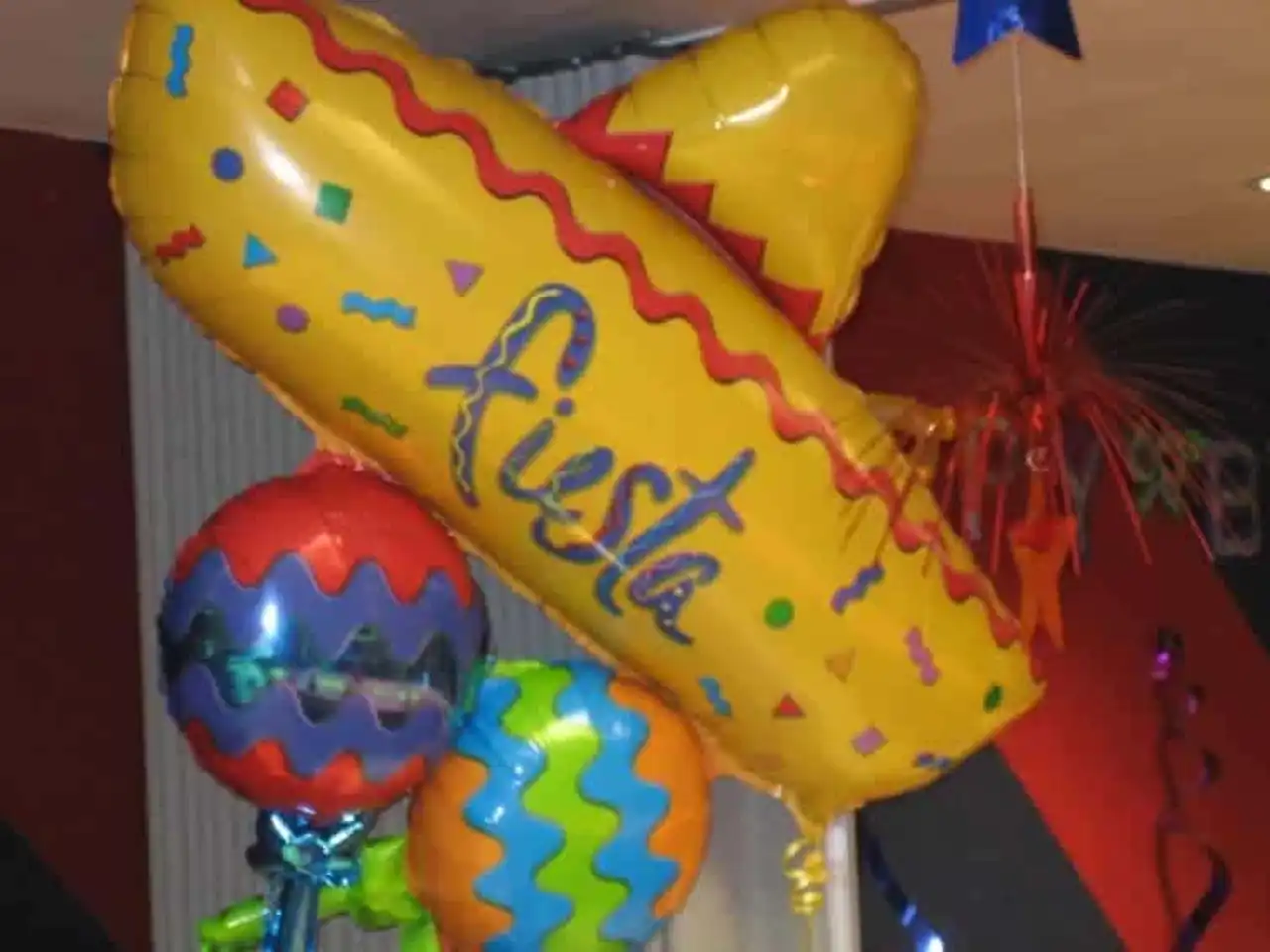
Photo credit: Flickr – Marie Hunter
This old expression implies the idea of “to profit as a dwarf”. In the 17th century, the dwarfs had a place of choice in the King's Court. The expression remained.
Example : - So this holiday in Spain, did you take advantage of it? - ¡ He disfrutado como un enano! Fiesta, fiesta, fiesta!
10. Ponerse las botas
Frequently used after a very good, heavy, meals. Spanish people are willing to use it to mean that they have eaten well! The equivalent of the Arabic “Hamdoullah”.
Example : - Was she good this paella? - ¡ Me he puesto las botas!
11. Coser y cantar
This expression is used when something was very simple to realize, not asking for or little effort.
Example: - Did you not find your landmarks in Madrid? - No, ¡ coser y cantar con la mapa!
12. Estar más feliz que una losiz
Meaning “to be as happy as a loserix”, this expression unfortunately has no explanatory history. She was born from the rhyme between feliz and loseiz , and implies a feeling of intense contentment, to be delighted.
Example: - Did you like your stay in Galicia? - Yes! Estoy más feliz que una losiz.
13. Encontrar su media naranja
In Spain, we don’t meet her sister soul, but her half orange!
Example: – Have you met people in Barcelona? - Yes, He encontrado mi media naranja!
How to learn other expressions and vocabulary in Spanish?
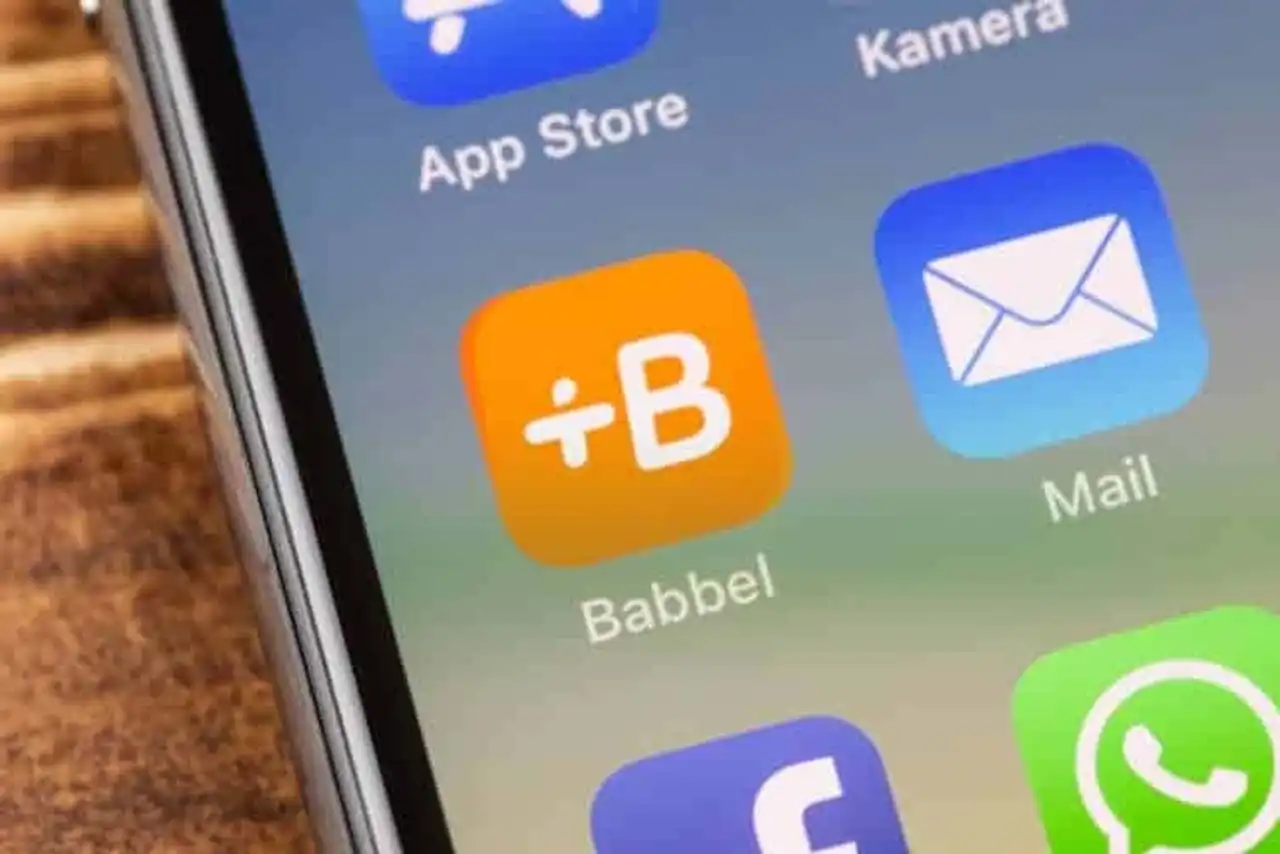
Photo credit: Shutterstock / Nicole Lienemann
Learning is about the time, but you have to remember. To remember, you have to practice. And to practice the Spanish language without congestion, here is a selection of some books and applications that will help you in your approach.
- Babbel (free application with integrated purchases, subscription from 4,95 €/month)
- Duolingo (free application – fee formula to delete ads)
- Learn Spanish in 75 progressive lessons (9,99 €)
- Spanish from A to Z: Grammar, conjugation and difficulties (12,99 €)








Loading comments ...